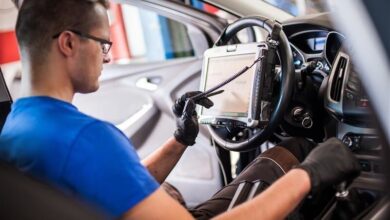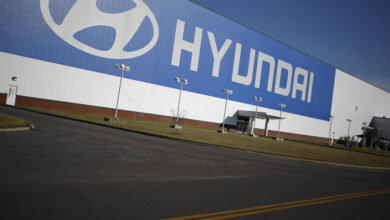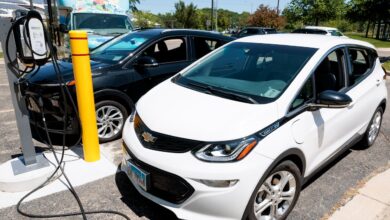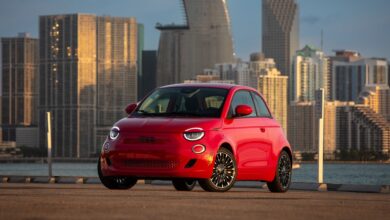BYD Seal is the best EV. Here’s why Indians shouldn’t buy it
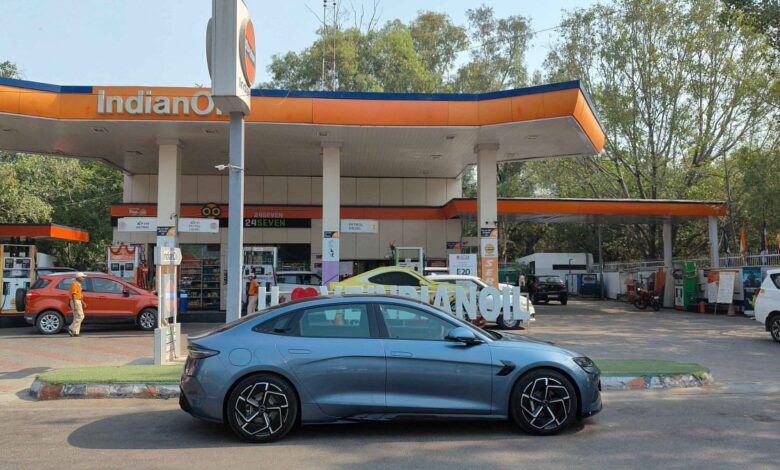
Amazing design, gimmicks
One reason for this amazingly Western design could be that BYD has hired top designers from Europe. Their chief designer, Wolfgang Egger, previously worked for Audi and Lamborghini.
That said, I drove primarily in South Delhi, where we are blessed with relatively good roads and no speed breakers on major thoroughfares. But the low ride height of the vehicle, coupled with its thin and low-profile tyres didn’t fill me with confidence about taking it to certain parts of the city. Thankfully, the battery pack is armoured and the batteries, like on all electric vehicles are, IP67 rated and waterproof. That means an EV like the BYD Seal can deal with waterlogged roads a lot better than an internal combustion engine vehicle.
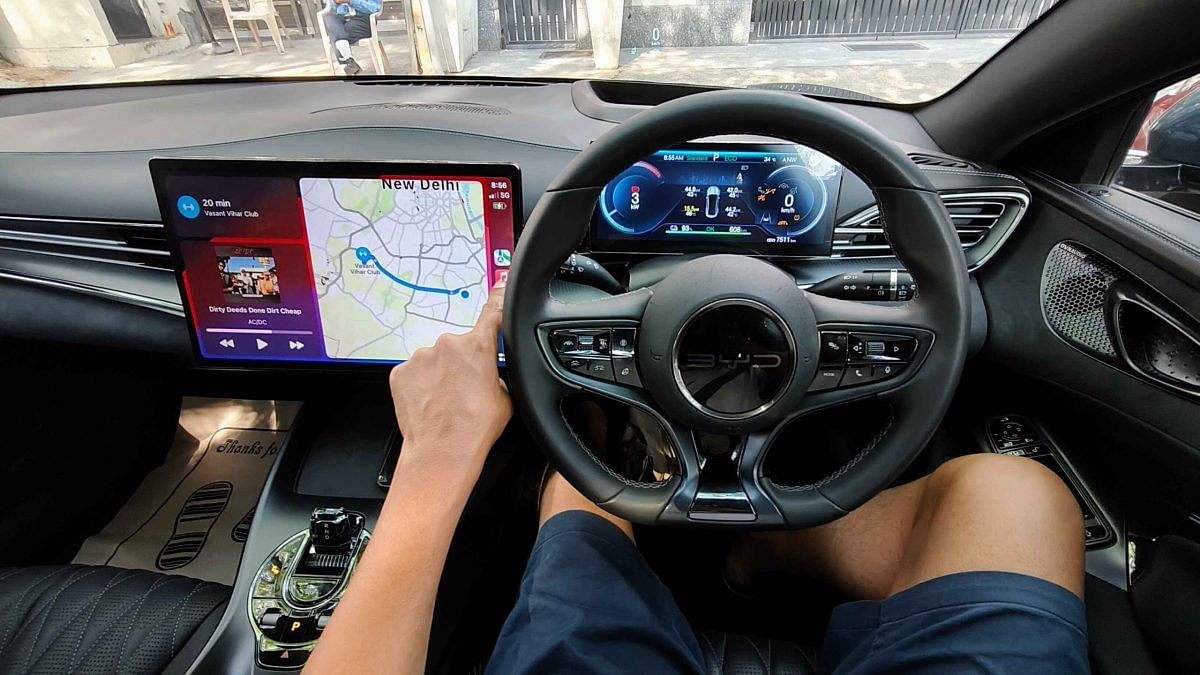
And then there were the gimmicks inside. The centrepiece here was the rotating infotainment screen, quite like the one in BYD Atto 3. While rushing to drop my son off at school in this car, I decided to not connect Apple CarPlay to the device. I used the Seal’s own interface instead, which seemed to have minor issues. One was the system’s inability to recognise Indian names – I wanted directions to Vasant Vihar and ended up having an amusing conversation with the car’s Artificial Intelligence. But knowing how quickly AI systems learn, BYD should be able to fix this soon.
The BYD Seal mostly feels like a spaceship – and a pretty good one at that. And in all fairness, the company has managed to combine features with vehicular performance. There are three variants available, the base model – priced at Rs 41 lakh – has a smaller battery and a single motor, which is more than enough for urban commuting.
The top model, which I drove, is packed with gimmicks and sports a bigger battery. It also has super-fast acceleration thanks to dual motors and 310PS of power. While it costs Rs 53 lakh (introductory, ex-showroom pan India), keep in mind that this is a full import. The base model of the Seal offers similar performance to the assembled-in-India Hyundai IONIQ5. The top model has similar acceleration performance but a better range than the BMW iX1, which costs Rs 13 lakh more.
Honestly, despite my limited time with the vehicle, it would not be a stretch to say that this is the best electric vehicle available in India. It offers good performance in terms of range and power, as well as impressive looks and features. Its slightly expensive price point hasn’t stopped orders from trickling in either. About 1,000 orders have been placed for the car since its launch in March this year.
Also read: New Swift mileage shows Suzuki returning to ‘Kitna Deti Hai’. It can be so much more
So, where’s the problem?
There is one singular flaw with the BYD Seal – that it comes from China. In the aftermath of the Galwan Valley clash in 2020, India-China relations have gone into cold storage. I read a very interesting paper by the Observer Research Foundation scholar Antara Ghoshal Singh, where she argues that Chinese investments have come under huge scrutiny and Chinese companies are being actively hobbled as a matter of state policy.
BYD and its joint-venture partner in India, Megha Engineering – whom you might recognise from electoral bonds stories – had their proposal to establish a billion-dollar EV-manufacturing plant rejected. BYD India might not admit it, but their operations are under scrutiny, just like those of Shanghai Automotive Industrial Corporation (SAIC), which sells cars under the Morris Garages (MG) brand in India and recently announced a partnership with the Sajjan Jindal-led JSW Group.
However, even that partnership will probably be under the microscope of the next government. As would the plans of multinational auto firm Stellantis to bring their Chinese partner Leapmotor to India.
There is no doubt that China invested heavily in the New Energy Vehicle (NEV) space. While the world was reeling from the aftermath of Covid-19, Chinese companies built up expertise in not just making cars but also the batteries that power them. BYD is what one would describe as a ‘full-stack’ company, running everything from lithium mines to car manufacturing units. And while many joked about the Chinese copying things, Beijing has a clear lead in researching and developing battery technology.
BYD and its local peer CATL are the two leading battery technology companies in the world right now, leaving the Japanese and Koreans far behind. BYD’s ‘blade cells’, which are at the bleeding edge of EV battery technology and are used on the Seal, will also be used by Mercedes-Benz on their newer models.
Simply put, the Chinese are making the best EV batteries and now the best EVs. The BYD Seal is proof of the pudding. Of course, this has put the fear of god in policymakers across the world. The United States has already imposed tariffs on Chinese EV imports, although the former will most likely circumvent them via Mexico, through the NAFTA free-trade agreement. The US is, however, moving quickly to plug that hole.
European countries are talking about tariffs too. They are fearful that Chinese dominance will ruin their long-established automotive industries. Surprisingly, India was well ahead of the curve on the China front, but it took the death of several brave soldiers to harden our resolve. We banned TikTok overnight and avoided a long-drawn-out saga like in the US.
In an ideal world, geopolitics should not come into a car review or even be an area of research for an automotive journalist. What can I say, when it comes to Chinese EVs, we must understand more than just the car’s AI.
So, at the end of it all, the BYD Seal is an excellent product, class-leading in terms of technology and features. But could I, in good faith, recommend this vehicle to an Indian buyer? No, I cannot. I do not know the current trajectory of India-China relations, and frankly, nor do people whose day job it is to understand that.
@kushanmitra is an automotive journalist based in New Delhi. Views are personal.
(Edited by Zoya Bhatti)
